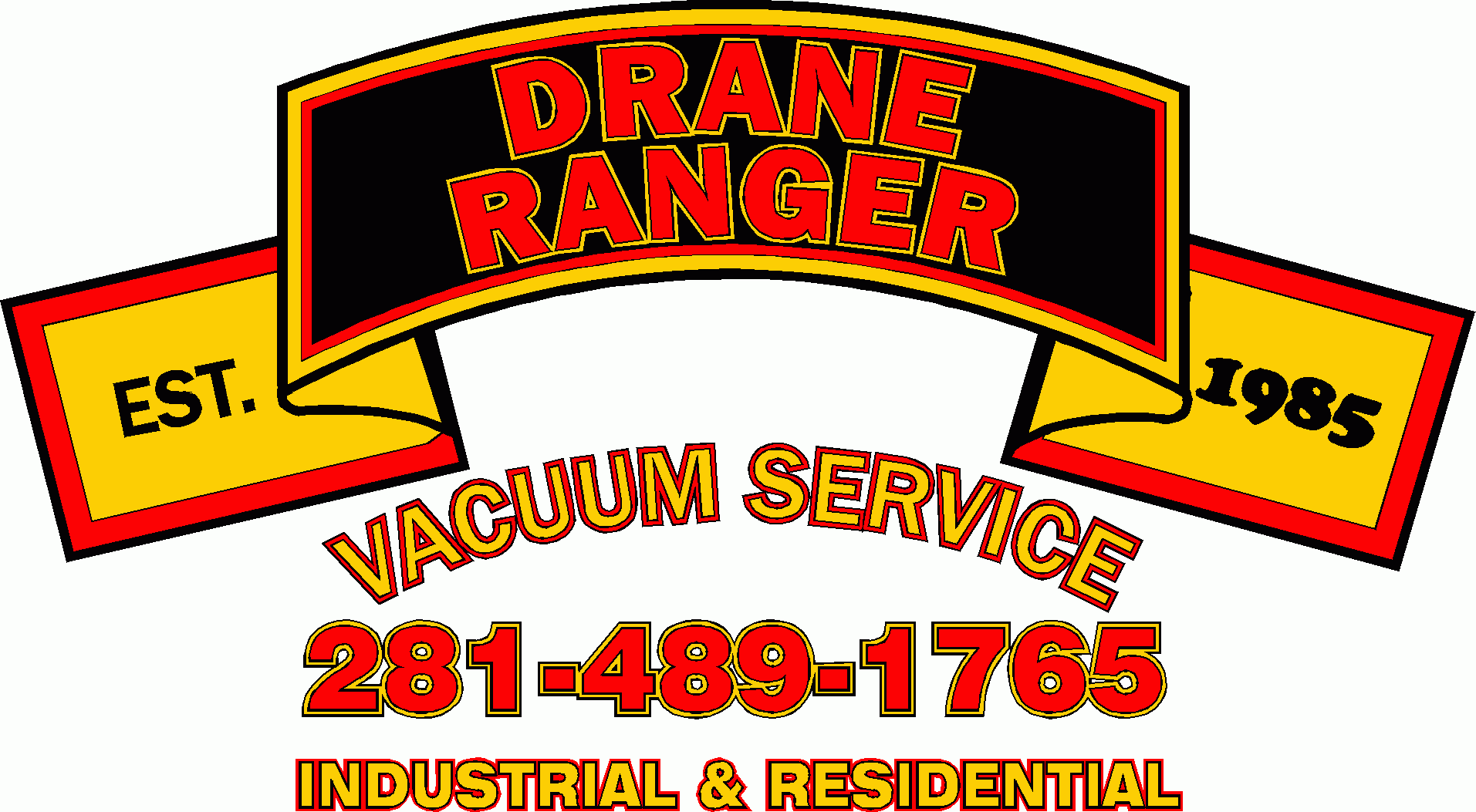Without a doubt, wastewater lift stations are essential components of sewage systems around the world. Without them, the efficient collection and treatment of waste wouldn’t be possible. However, despite their importance in our modern society, many people are unaware of exactly what lift stations do or why they’re so important. In this blog post, we’ll discuss how lift stations work and the role they play in allowing us to protect human health and preserve our environment while ensuring that sewage flows where it needs to go with minimal disruption. Get ready for an in-depth look into one of the unsung heroes of our infrastructure!
Overview of Wastewater Lift Stations and their Role in Sewage Systems
Wastewater lift stations are a critical component of sewage systems that play an essential role in the proper treatment and disposal of wastewater. These stations pump wastewater from a low elevation to a higher elevation, allowing gravity to take over and transport the wastewater through the rest of the system. Without lift stations, sewage would be unable to overcome changes in elevation and flow would be restricted. These stations typically house pumps, controls, and other equipment necessary for proper wastewater management. Although lift stations may not be the most glamorous aspect of sewage systems, they are critical to ensuring the efficient and effective movement of wastewater.
Different Types of Wastewater Lift Stations and Their Uses
Wastewater lift stations are integral components in a community’s sewage collection and treatment system. They are designed to lift wastewater from low-lying areas to higher elevations so that it can flow by gravity to a treatment plant. There are different types of wastewater lift stations, each with its distinctive functions and purposes. For instance, submersible lift stations are typically used in residential areas, while dry-pit lift stations are commonly found in industrial facilities. Other types of wastewater lift stations include vacuum prime systems, self-priming pumps, and hydraulic ram pumps. Regardless of their type and application, wastewater lift stations (draneranger.com/services/wastewater-lift-station-houston) play a crucial role in maintaining the environmental and public health standards of a community.
Latest Trends in Clean Water Solutions with Wastewater Lift Stations
Clean water is becoming an increasingly vital resource in today’s world, and finding ways to efficiently manage wastewater is essential. A new trend in this field is the use of wastewater lift stations, which have become increasingly popular in recent years. These stations are a cost-effective and environmentally friendly way to lift wastewater to higher elevations, making it easier to transport and manage. In addition to their many practical advantages, these stations have a sleek and modern look, which fits in well with contemporary design trends. As more and more communities turn to clean water solutions, wastewater lift stations are sure to become an even more important part of our lives.
In conclusion, wastewater lift stations serve as an essential component of any sewage system. They are available in multiple types and sizes to accommodate the needs of different environments. The latest trends in clean water solutions have also benefitted from the use of lift stations, providing new solutions for areas that need them most. Eliminating waste is getting easier each day with the use of wastewater lift stations, proving their worth in both effectiveness and economic value. As such, if you’re looking for a reliable and innovative solution for your wastewater system, be sure to contact Drane Ranger – our team has years of specialized experience working with lift stations! Now is the perfect time to explore the possibilities of what additional lift station improvements can do by keeping up with these soil-shifting trends.
